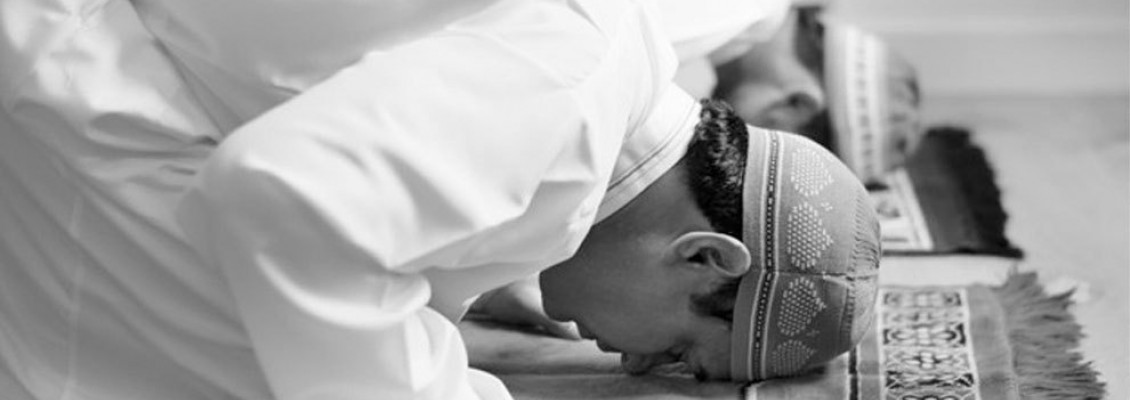
THE PILLAR OF RELIGION: SALAH
The Arabic word ibadah (worship) is derived
from ‘abd and it means submission. According to Islam, worship and devotion to
Allah (God), remembrance and glorification of him, trying to get closer to him,
all kinds of activities carried out with the intention of gaining his consent,
every good deed done with the idea of individual and community benefits are
considered within the concept of worship. Among them the most well-known and an
obligatory act in Islam is the performance of the five daily prayers, which in
Arabic is known as salah (often
written salat). It is a special form of worship that is one of the most
important pillars after the shahada (testimony of faith). It was revealed in
the Holy Qur’an and taught to us by Prophet Muhammad (pbuH). There are many
verses in the Holy Quran which Allah tells us about the importance of prayer.
For instance, here is such a verse:
“Surely,
I am Allah, there is no god but I: So you worship (only) Me, and establish
regular prayer by saying My Praise.” ( Qur’an 20:14)
Technically, the salah involves a number of physical movements –
standing, bowing, prostrating, and sitting. It also involves the recitation of
verses from the Holy Quran in Arabic along with a number of dua (supplications).
Muslims face the direction of the Ka’ba, (the Sacred House of Allah in Makkah),
whenever they perform their prayer. These physical movements, recitations, and
supplications are all done to show humility and submission to Allah. Also,
there are some other requirements for
the prayer, such as ablution, washing certain parts of the body, to be prepared
physically and mentally to perform it. In addition, time is also important. For
the five daily prayers, there are scheduled times: morning, noon, late
afternoon, evening and late evening. Moreover, there are many other prayers in Islam,
such as the prayer for the funeral of the deceased, and the prayer traditionally performed on the
mornings of eids, Friday prayer which is performed with community at mosques,
and else.
As with all of the five pillars of Islam, salah is a highly important
obligation upon all Muslims and is essential to ensuring Muslims stay within
the boundaries of religion and remain mindful of one's faith. Also, prayers are
the central practice which shapes the daily routine and consciousness of a
Muslim. Thanks to this, s/he remembers Allah every minute of the day. The notion is that this activity
brings the individual face to face with God. Therefore, praying is very important
for believers as they have a personal relation with God and this relation
between the creation and Allah is connected with prayer directly without any
intermediate between them. These prayers done 5 times a day help Muslims to
stay connected with the creator and ask for something or forgiveness through
that personal connection. Even though the prayers are personal matters, they
can be performed in congreatin, too. Congregational prayers are also considered
important since it emphasises group solidarity, as well as being in the
presence of Allah (God).
All in all, there
are plenty of rewards and benefits to the prayer that were not listed above. It
strengthens one’s relationship with Allah, gives inner satisfaction, develops
the feeling of confidence, makes one stay away from evil, gives great
contribution to have the best manners, teaches to be patient and to have
responsibilities as well as helping to have the feelings of helpful people in
society and to unite people in the same idea. Besides all of this information,
to see how people perform their prayer you can visit any mosque, it's worth
experiencing the atmosphere.

Leave a Comment